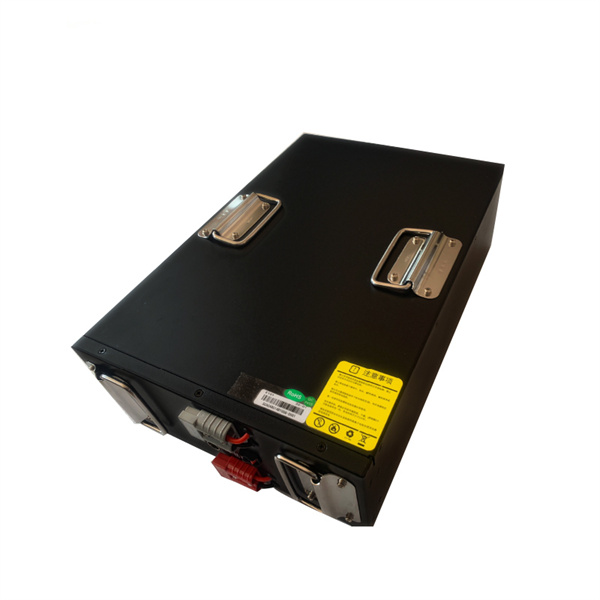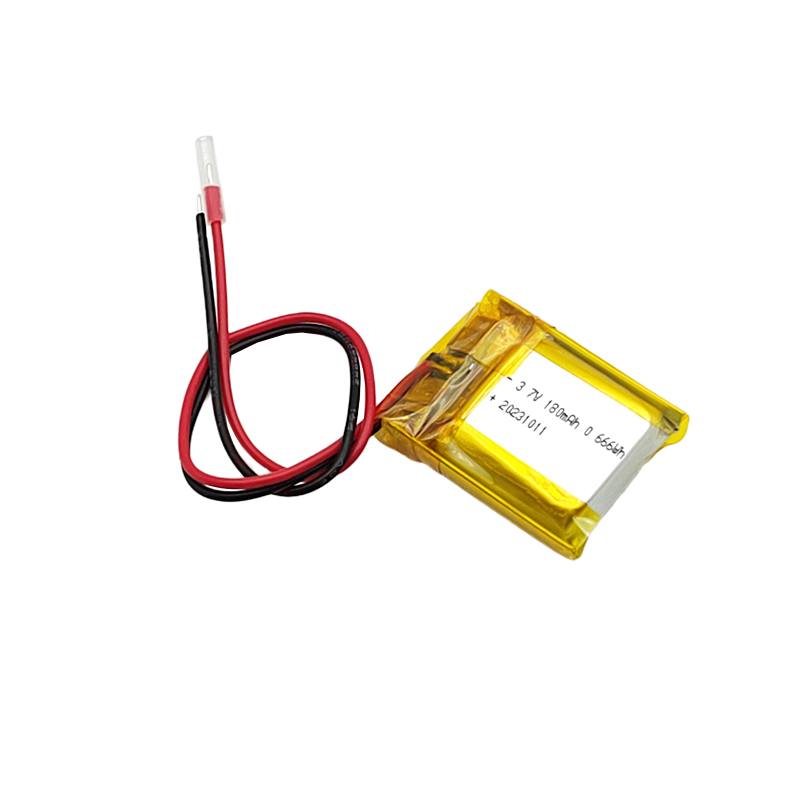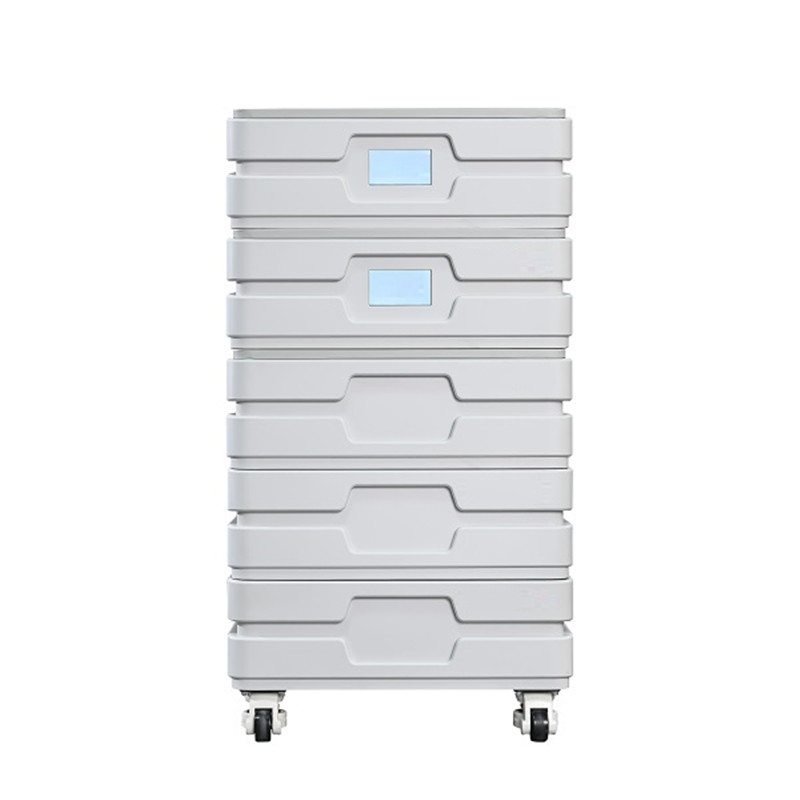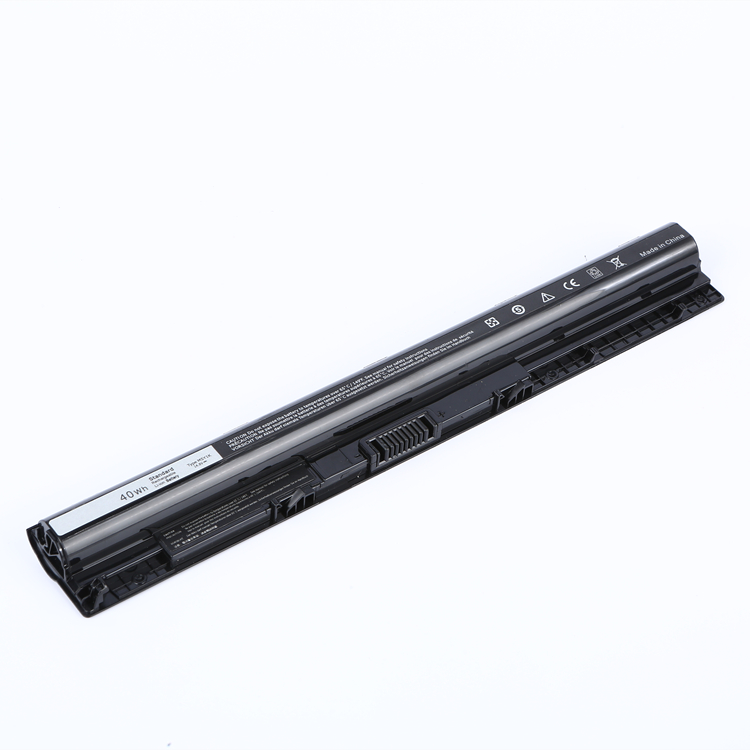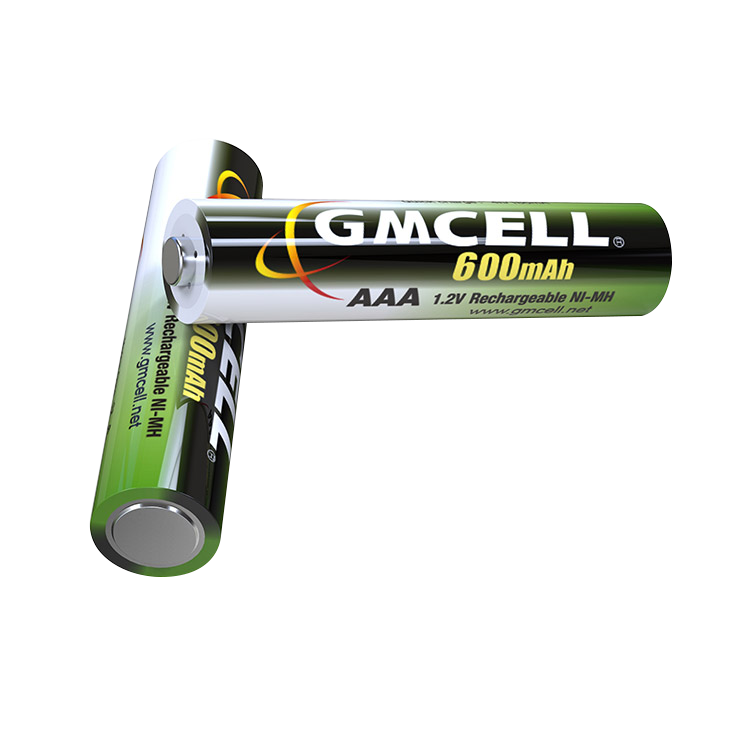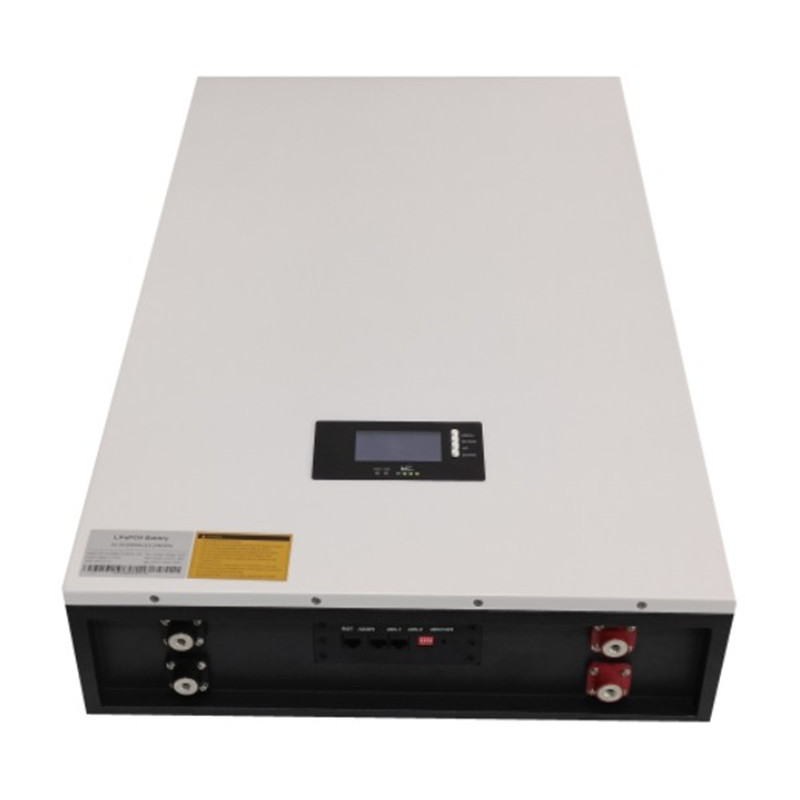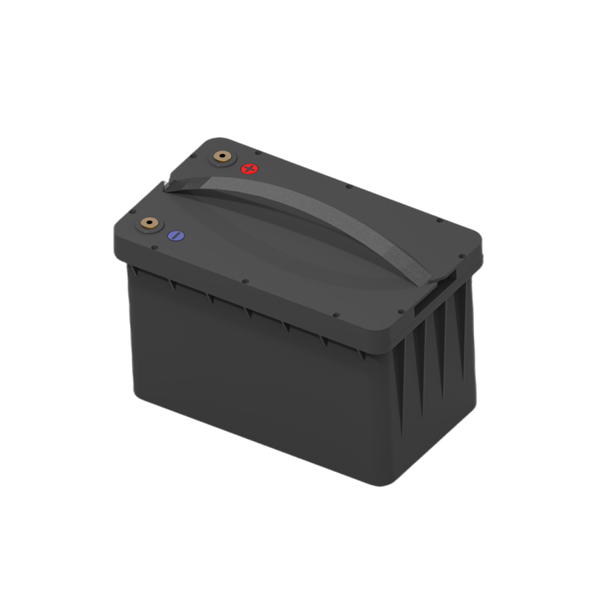Rechargeable 48V Forklift Battery Pack 80Ah for Electric Forklift Lifepo4 Battery
| Model No. | LAXpower-4880 |
| Nominal voltage | 48V |
| Nominal capacity | 80Ah |
| Max. continuous charge current | as you required |
| Max. continuous discharge current | s you required |
| Cycle life | ≥2000 times |
| Charge temperature | 0°C~45°C |
| Discharge temperature | -20°C~60°C |
| Storage temperature | -20°C~45°C |
| Weight | as you required |
| Dimension | 48*32.5*14.5cm |
| Application | Forklifts,Pallet trucks, Underground mining locomotives,Subway tunnel locomotives and other powered vehicle |
Main applications of LifePO4 battery pack:
1. Large-scale electric vehicles: electric bus, electric car, E-Tour Car
2. Light electric car: e-bike, e-scooter,e-motorcycle, electric golf cart, e-wheelchair
3. E-tool: electric drill, electric saw, lawn mower and so on
4. Remote control cars, electric boat, aircraft, toys
5. Solar and wind power generation energy storage devices,solar systems,Telecom base Station
6. Small medical equipment and portable equipment
7. RV,Camping car and yacht.
8. Solar enegery lights,bicycle lights,LED lights,bright flashlight,solar street lights.
If you’re ready to make the change to the safe and efficient lithium-ion solution, the experienced professionals at OneCharge are ready to help. Please contact us today for forklift battery prices or to request a quote on your forklift battery replacement.
Features
A forklift battery is the source of motive power in electric lift trucks and electric forklifts. It is one of the main parts of a piece of electric material handling equipment that determine the efficiency of operations. There are multiple types of electric lift trucks and various types of forklift batteries. The choice of battery for a company’s material handling equipment is fundamental for efficient fleet management and has a great impact on the bottom line.
Lead-Acid vs. Lithium Forklift Batteries
Overall, the only real advantage that lead-acid wet cell batteries have over lithium-ion batteries is their price. In terms of environmental protection, efficacy, workplace safety, charging times, charging cost, and energy use, lithium-ion batteries come out a clear winner every time, with lower overall costs and higher ROI over the lifetime of the battery when compared to lead-acid options.
